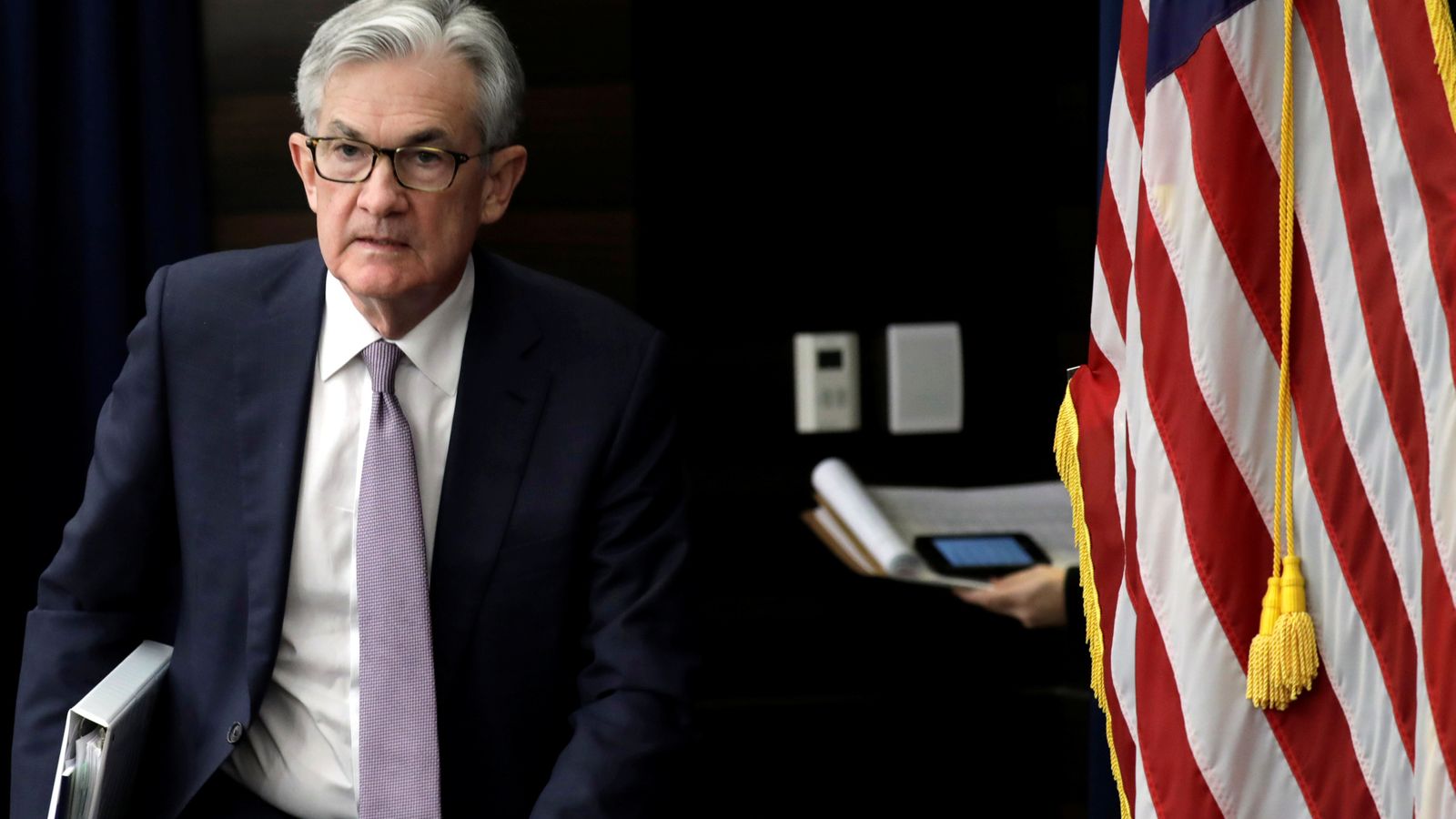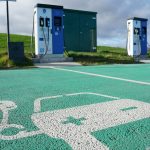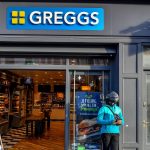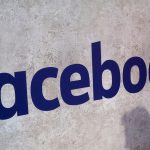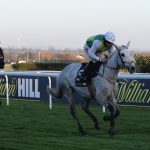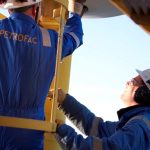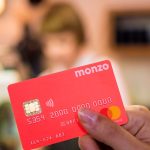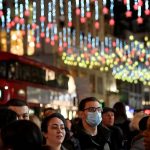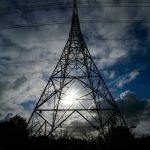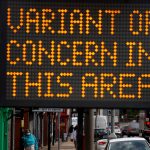America’s central bank is monitoring the spread of the delta variant of the coronavirus amid concern that it could hold back parts of the economy.
Jerome Powell, chair of the US Federal Reserve, said it might effect dining out, travelling and the reopening of schools, or discourage workers from returning to the labour market.
Mr Powell sounded a note of caution amid a broadly positive update, arguing that past evidence had shown successive waves of the virus had been less economically damaging than the last.
“The effects of the pandemic on the economy have continued to diminish, but risks to the economic outlook remain,” Mr Powell said.
“Progress on vaccinations has limited the spread of COVID-19.
“However, the pace of vaccinations has slowed, and the delta strain of the virus is spreading quickly in some areas.
“Continued progress on vaccinations would support a return to more normal economic conditions.”
Mr Powell delivered the remarks after the Fed left interest rates and its multi-billion monthly programme of bond purchases unchanged after its latest meeting.
Asked about the impact of the delta variant at a news conference, he said that until now there had “tended to be less in the way of economic implications with each wave” of the virus.
Please use Chrome browser for a more accessible video player
But he added: “It certainly is plausible that people would pull back from some activity because of the risk of infection.
“We may see economic effects from some of that.
“We don’t have a strong sense of how that will work out so we’ll be monitoring it carefully.”
The closely-watched remarks came as the strength of the recovery and soaring inflation in the world’s biggest economy leave markets watchful over when the Fed might start to raise interest rates and pull back on bond purchases.
But Mr Powell said that despite recent strong jobs growth the labour market still had “a ways to go”.
He reiterated the view that accelerating price growth was a transitory phase as supply of goods and services in some sectors struggled to keep up with the rapid return of demand as the country reopened.
